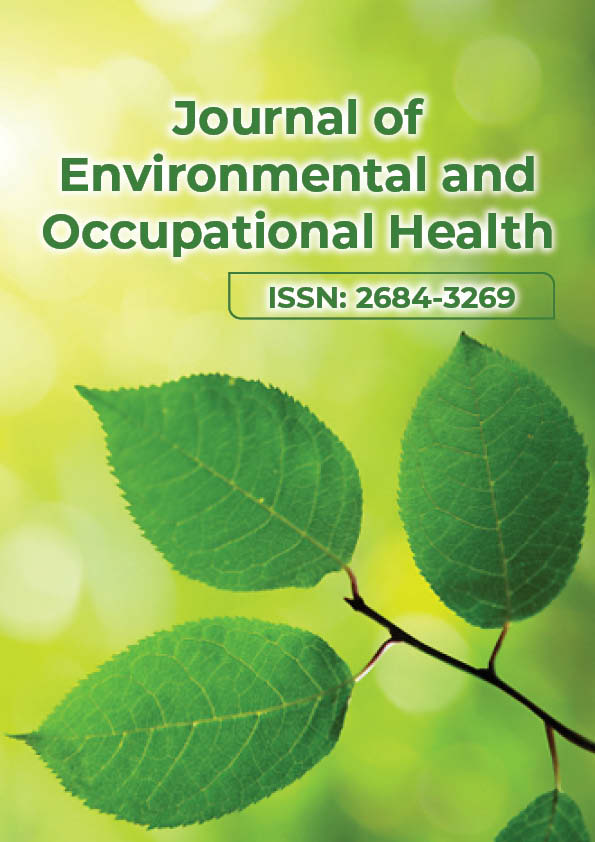Health and safety in high-risk work environments: A study of fuel service stations in Ghana
Abstract
Isaac Monney, John Bosco Dramani, Abigail Aruna, Asantewa Gyamfi Tenkorang, Fred Osei-Poku
Aim: This descriptive study was conducted to assess the health and safety standards, occupational hazards and health problems among pump attendants in Fuel Service Stations (FSS) in Ghana. Methods: Data was collected using structured questionnaires and an observation check-list. A total of 145 pump attendants and 50 FSS managers were randomly sampled from 90 FSS in the Kumasi Metropolis. Fisher’s exact test at 5% significance level and binary logistic regression were conducted to test association among study parameters using SPSS 17.0. Results: The top three occupational hazards were exposure to extreme weather conditions (99%); inhalation of vehicle exhaust fumes and petrol vapour (98%) and fire outbreaks (88%). Common illnesses experienced by pump attendants are all work-related and were dominated by musculoskeletal disorders [MSDs] (n=141), low-back pain [LBP] (n=81), headaches (62) and dizziness (n = 36). Logistic regression using age, sex and work experience as risk factors for MSDs, LBPs and headaches showed significant association between LBP and age of pump attendants (p = 0.036; 95% CI = 0.16-0.94) whilst MSDs and headaches showed no significant association with the risk factors. Post-employment medical examination habits was poor (22%) among the attendants possibly owing to ignorance of the health risks and the fact that the related costs are self-borne. Although all stations had fire fighting equipment training in their usage was highly associated with work experience of pump attendants; most newly employed attendants (<3years work experience) are not trained in their usage. Conclusion: Pump attendants in FSS are predisposed to dire health risks due to their working conditions and require urgent measures to protect them.
PDF




